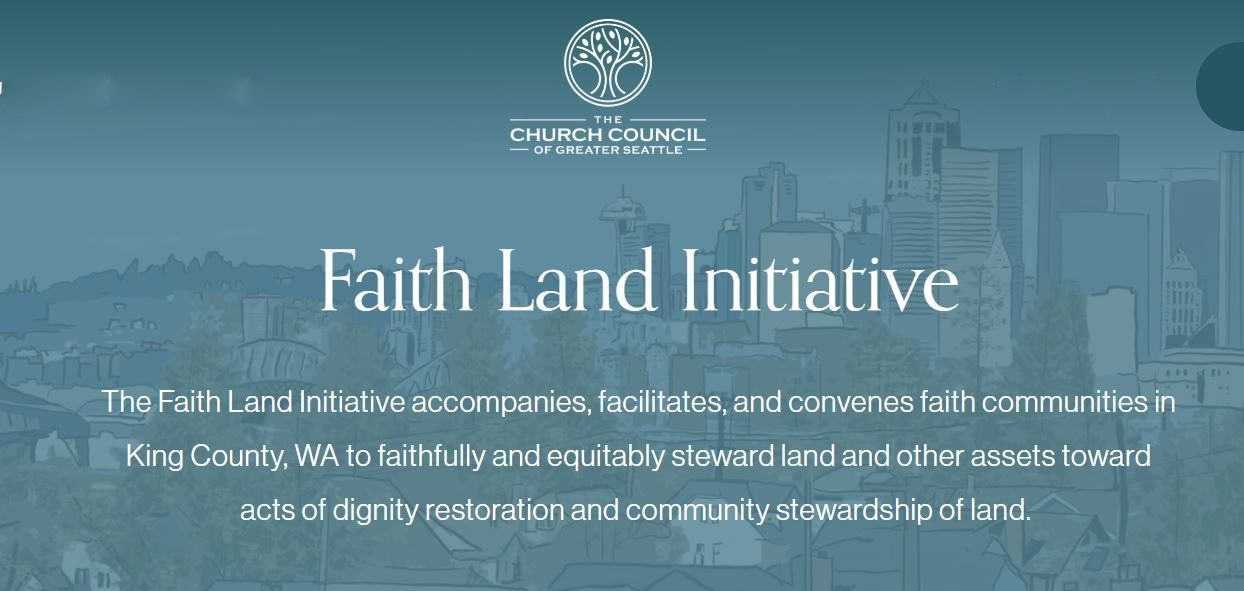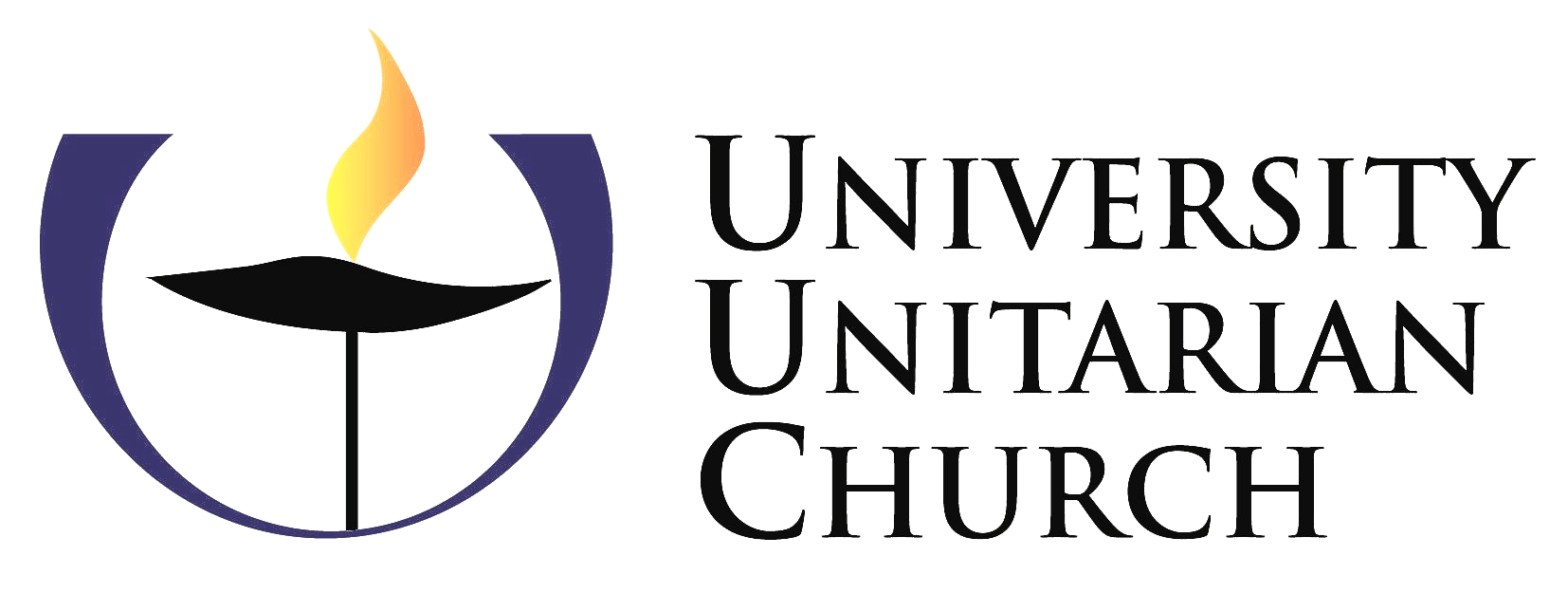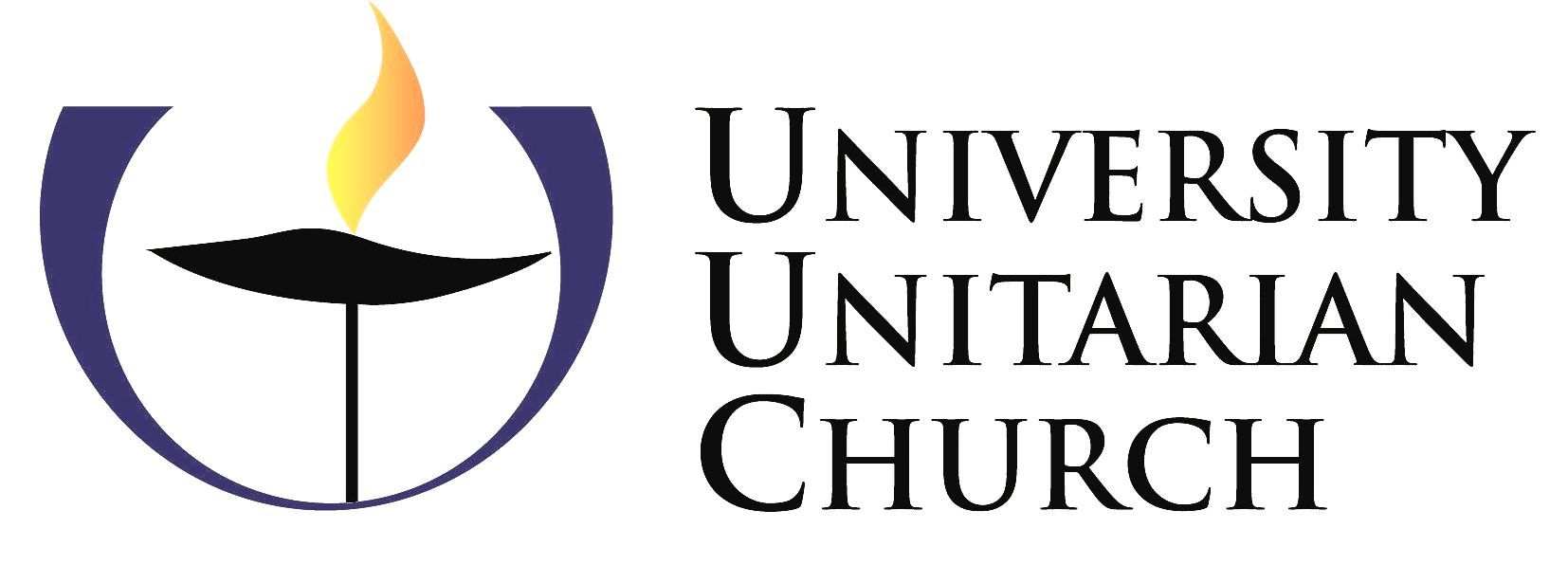This spring, UUC’s Faith Land Initiative (FLI) cohort team (comprised of Gayle Childers, Patricia Graesser, Dave Mentz, Rev. Beth Chronister and now Rev. Doug Wadkins) expanded its team and worked on three interest areas.
The expanded team conducted research meetings with churches to learn how they serve the community with their spaces and conducted meetings with community service organizations to learn about current community needs. Team members met with congregants to understand your hopes for sharing our space, and we considered decision-making criteria.
Thank you to: Jewels Mellen, Roberta Ray, Pat Marks, Rebecca DiNino, Meta Thayer, Laurie Mann for their research work.
In meetings with congregants the common hopes expressed included: to live our values, share our abundance, empower lay leadership and ease the burden on staff, and to consider starting small and growing efforts sustainably. Many of us are asking if we can dare to be bold.
In meeting with the community and reviewing King County data, top needs expressed were:
- Affordable housing/sheltering unhoused
- Available and affordable childcare/early learning
- Food security
- Isolation/community (esp. older folks)
- Healthcare Access & Delivery
Meetings also made it clear that there are sets of low-income families in our neighborhood who need additional support.
Meetings with other churches were inspiring. Two key points they shared were: Engagement, energy and ownership within the congregation are critical; most sustained community service is congregant-initiated, led and executed, requiring limited oversight by staff once started.
Churches are using their spaces in creative and inspiring ways—some share space for free and bring in a modest income from rentals to sustain the church. Free use includes meals, clinics and housing the unhoused. Rental examples are very diverse: preschools, day cares, religious organizations, philanthropic entities, classes, retreats and meetings; parking lot space rentals; community garden plot rental; recurring meeting rentals like 12-Step, Toastmasters, musicians, artists and therapists.
Two Examples
Two motivating church examples are St. John United Lutheran Church on Phinney Ridge and University Congregational Church.
St. John’s is an inspiring place. Offices host the work of three non-profits. Rooms host six 12-Step meetings a month, three music groups’ rehearsal space and an acting class (fees are charged on a sliding scale depending on entity and use). Phinney Neighborhood Association (PNA) serves three meals weekly and offers monthly free haircuts and physical therapy. PNA is a core partner with St. John’s. They have a key and are trusted to oversee their activities and care for the church spaces they use. St. John’s also opens for monthly Community Craft Nights and Game Nights.
St. John’s has redeveloped parking spaces as a community garden managed by an oversight committee of four (two community members and two congregants). Fees are charged on a sliding scale depending on need. It’s maintained through monthly work parties and serves as a source of organic food for the community and the PNA hot meal program.
University Congregational is a bustling place. When you walk through the door, day or evening, you hear music, actors, meal preparation and children’s voices. They are currently hosting Teen Feed for free to serve about 75 unhoused young people every night. They have hosted Tent Cities in the past. They also rent to many others on a term and recurring basis.
Research showed that many churches in our community have developed or are developing affordable housing. Examples range from completely redeveloping buildings to developing a parking lot.
Our FLI team is now at a point at which moving forward with any idea will require additional congregational enthusiasm and ownership.
Some ideas that the team thought merited moving forward with are:
- Investigating space rental opportunities
- Investigating developing a community garden
- Developing partnerships with others in the neighborhood to address low-income family support needs
- Establishing a cycle for hosting Tent City 3 or Tent City 4 in UUC’s parking lot
- Investigating the possibility of using some of our land to create affordable housing
- Further developing decision-making guidance and a process by which we determine how to share our spaces and with whom, consistent with our mission and values.
Please let the team know via email if any of the preceding examples represent your interests and possible commitments. If you’ve already shared an idea you are interested in pursuing and don’t see it listed here, please email details about that idea. Please submit your input to any one of the team: Patricia Graesser, Gayle Childers or Dave Mentz.

Posted/updated on:

